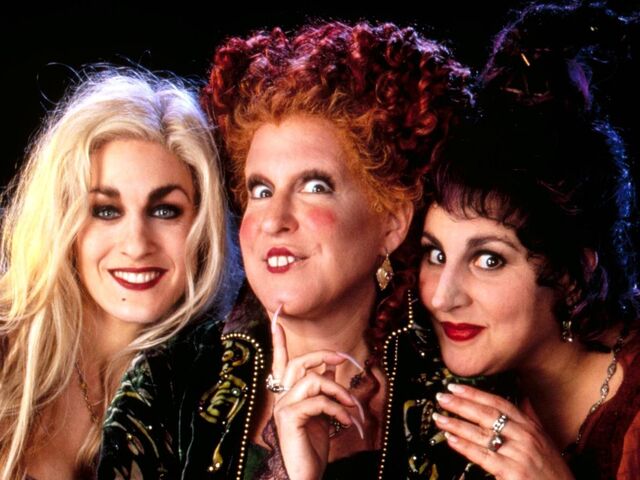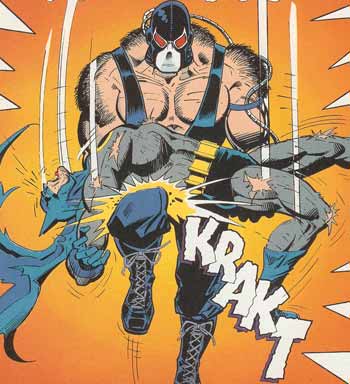Let's start off by setting some stuff out. I'm utterly uninterested in how exactly reform happens. Whether by bipartisan dialogue, Senate and House bills, or Presidential decree, the method doesn't really matter. Whether articulated by Republican, Democrat or Independent voices, from politicians, activists or ordinary people, the person speaking doesn't matter. I'm not concerned at all with how reform is delivered. I'm pretty unconcerned about whether the President has the necessary authority to do this alone (because, he does). I don't write in defense of President Obama, with whom I agree with very little, or in defiance of the new Republican majority, with whom I agree on even less.
What matters is that we recognize that those we are talking about are not simply 'immigrants', 'illegals' or 'aliens', but families and individuals. Our shared humanity is more important than nationality, country of origin or label. Whether they look to escape day to day lives defined by conflict, flee economic systems that deny them fair wages and equal treatment, or simply desire a better future, a fresh start and a new home in the US, they seek those most American pursuits of life, liberty and happiness.
Not every immigrant has fled hardship. Not every immigrant has suffered. Not every immigrant is in need of our charity or concern. But every immigrant is a person, and every immigrant deserves the right to be recognized.
It's true that not every immigrant is here legally. Not every immigrant contributes to society, not every immigrant works, not every immigrant obeys the law.
But, those are not every immigrant. Those are individuals. And their misdemeanors are no more real, and no more weighty, than the lives of the average immigrants who quietly maintain themselves and their families, without reliance upon the Government. We have a system already in place to deal with immigrants who break the law, and it's the same system that is necessary for those Americans who do the same.
I am an immigrant. To get here, I spent nearly a year applying for a Fiancee VISA. I followed the process. I did things the right way. I entered the US legally. And I did it that way because I am incredibly fortunate to have the capacity and tenacity to overcome the unnecessarily obtuse barriers of immigration. Along with my now wife I completed the initial forms, and the follow up forms, and the forms that came after that. I attended interviews, submitted to medical exams, and paid thousands of dollars to get here and get through the process.
I am University educated. English is my first language. I had the assistance of others. I had enough time to devote to completing everything. I had enough money saved to pay the fees. I had every advantage available, in other words, and yet I found the process to be confusing, repetitive and stressful. I repeatedly had to clarify or resend forms that had been incorrectly completed. An initial K1 Visa is expected to take four to six months to complete, for us it took ten. Due to the sheer amount of time it takes to get a VISA, and, yes, some administrative delays, I arrived in America just five days before my wedding.
Usually, when I explain the process and what I had to do to get to my wedding in America, people recognize that it's unreasonable. I've written before about how the expectation is that I should have been able to get in easily, that as an educated, British male, with savings and a decent job, I should be someone who finds it easy to get a VISA and enter the US. There's the thing. It was. My experience was slow, irritating and almost disastrous, but eventually my perseverance paid off and I got my VISA.
The flip side of my experience is not an easy entry into the country; it's exactly the same trials as I've faced, but worse.
Imagine what that process would be like if you were trying to do it with a lower level of education, in a second language, without any help. Imagine that you're trying to escape from desperate poverty or violence, that you have a limited amount of time, that you're worried about your family's safety. Imagine that you don't have the money to pay the fees. And then imagine that every time you submit a form it gets returned to you, or worse, ignored altogether, because you missed a question, or accidentally ticked the wrong box. Imagine waiting months for the system to work for you, without any idea of whether it will.
I have seen first hand what happens when immigration is politicized. It raises barriers and obstacles for all. With the aim of keeping out a few criminals it refuses access to any and all. My VISA application was made more difficult because of an over zealous attempt to keep people who would abuse the benefits of society out. Instead it simply prevents those in most need from accessing the vital opportunity to make a new start.
It should come as no surprise to anyone that people try and dodge this system, not because they are hardened criminals, or are intent on undermining the country, but because the process for legally entering the US is intended to make it as difficult as possible to do so. Every step is made intentionally difficult, and then we act confused when people try to avoid that perniciously constructed difficulty. We punish the people who have got here illegitimately, but attempt to deny them the chance to do so within the law.
The system, as it is, is broken.
President Obama's executive action today is a good start to fixing it, but it is just a start. There are 11 million undocumented people in America. There is no benefit in keeping those who are here already from being able to legally work. There is tremendous harm in maintaining the status quo as it currently is - Jim Wallis at Sojourners has some great stuff to say here. This is not a full amnesty, but a chance for some immigrants to gain some recognition. It's a half-measure couched in qualification.
Eventually it boils down to this; we in America sit on unparalleled wealth, privilege and comfort. Too much of our immigration policy is about denying access to this to others. How often do we hear the language of economic impact used to describe immigration? We worry about loss of jobs, about benefits going to the undeserving, and ignore the plight of those in need because we're concerned about the economic consequences.
One of my favorite political speeches is from Lincoln's First Inaugural Address. In it, he delivers an impassioned plea for the avoidance of secession by the South, and for calm and reconciliation between the two sides. It ends with one of the most famous pieces of Presidential oratory, and a lasting appeal for brotherhood and grace.
We are not enemies, but friends. We must not be enemies. Though passion may have strained it must not break our bonds of affection.Tonight, President Obama is echoing the sentiments of Lincoln's address, calling not for fellowship between opposing states, but an attempt at recognition, openness and acceptance from Americans towards those who seek entry in. Decriminalization allows already productive workers to become part of society, but it requires society to welcome them in.
The immigration reform he proposes is imperfect, certainly. There is much for both sides to discuss, But its core principle is an attempt to alter the terms of the conversation we're currently having, to recognize that this is not just an academic debate but one about peoples lives and futures.
This is the most fundamental reality of immigration reform; all immigrants are just people, and they matter.





